Nandu reporters learned that the fourth PAGEONE Literature Awards event hosted by PAGEONE Bookstore came to an end in October. Post-90s writer Zhou Wanjing won the first prize of this year's PAGEONE Literature Award for her first short story collection "Take Out the Crazy Stone". Lu Xin's "Dark Son", Yang Dian's "Lovers and Iron", Ni Zhange's "Mo Xu You" and Zhang Tianyi His work "Snow Like Mountains" won the Jury Award at this year's PAGEONE Literary Awards.
The most "challenging" final evaluation meeting
At the beginning of 2021, adhering to the concept of discovering outstanding original works and encouraging young creators and new literary forces, PAGEONE Bookstore, Tsinghua University Literary Creation and Research Center, and international publishing brand Astra House jointly launched the PAGEONE Literature Award. After three rounds of selections, represented by the first prize works such as "Submarine at Night", "The Year of Miracles" and "Tide Chart", the PAGEONE Literature Award has formed a unique brand in the field of original Chinese literature with its professionalism, diversity, forward-looking and impartiality. sound.
The selection scope of the 4th PAGEONE Literature Award is the first officially published simplified Chinese works in the first half of 2022. After multiple rounds of screening and review work, Tsinghua University Literary Creation and Research Center and jury members selected five shortlisted works from more than 3,000 works. The final first-prize work was selected by five judges at the seminar site. The five shortlisted works are eclectic in style, and the literary attempts of the writers are like prisms that reflect the cold light of reality. Based on their own experience, they move towards the current life, using literature to call for the determined moment in the variable world from a distance. This year's final evaluation meeting can also be called the most "challenging" one in history. After several long rounds of discussions, the judges reached a consensus and voted for the final winner of the first prize. Judge Yang Qingxiang believes: "If you use one word to summarize the five works shortlisted for the 4th PAGEONE Literature Award, it would be 'open' - the authors are trying to open up their own experiences to reach the deeper parts of things. If writing exists If they are in one quadrant, then they are trying to get out of their own quadrant and find a better way to express themselves and see the world.”
Four works won the Jury Prize: opening up new possibilities in contemporary literature
The works that won the Jury Prize of the PAGEONE Literary Awards this year are: Lu Xin's "The Dark Son", Yang Dian's "Lovers and Iron", Ni Zhange's "Mo You", and Zhang Tianyi's "Snow Like Mountain".
Based on their respective works, the five authors roamed their thoughts and expressed their creative ideas around topics such as "restoring the multiple dimensions of history", "group and personal experience", "self-searching and wrestling", "dissociated state of identity" and "the national character of the work". , and share creative experiences.

Writer Lu Xin
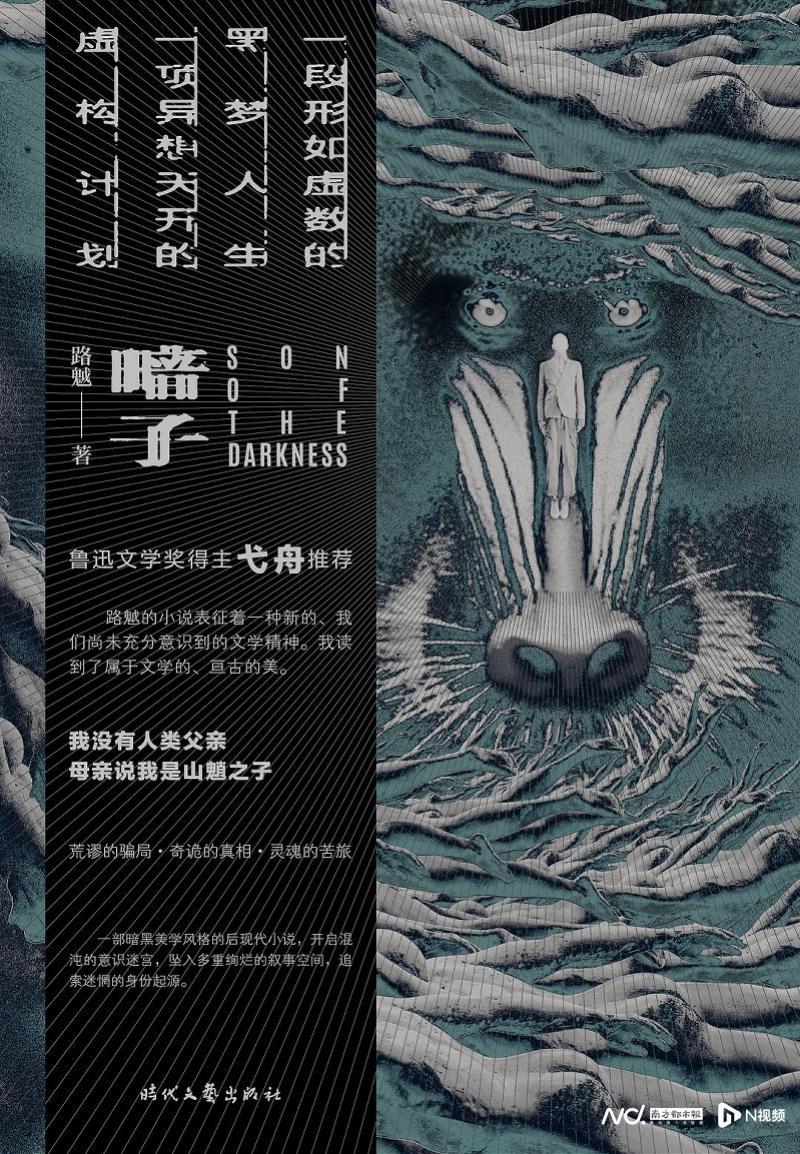
Lu Xin was born in 1993 and is the youngest author on this year’s shortlist. "The Dark Son" is his first full-length novel. It unfolds an absurd, strange and chaotic post-modernist style narrative based on the journey of Sun Shengxi, the "son of the mandrill", to find his father. The novel has a unique style, and judge Wei Yi thinks it is "dark and strange"; judge Yang Qingxiang said that from his reading perspective, "Dark Son" may be the most complete novel among writers born in the 1990s. A stunning model in language and form. During the process of growing up and studying, Lu Xin basically lived in the homes of different relatives. This period of sojourn life made him realize: "I should be an individual who is constantly being reshaped, wrestling with myself." This also coincides with "The Dark Son". The protagonist Sun Shengxi’s journey of search is just like the closed spaces he created in the novel, such as the Municipal Theater, the Imperial Hotel, and the Salmon Temple. They correspond to “I constantly go back and forth in them, cast and question myself.” The heart is the domestic melting pot of what it is.”
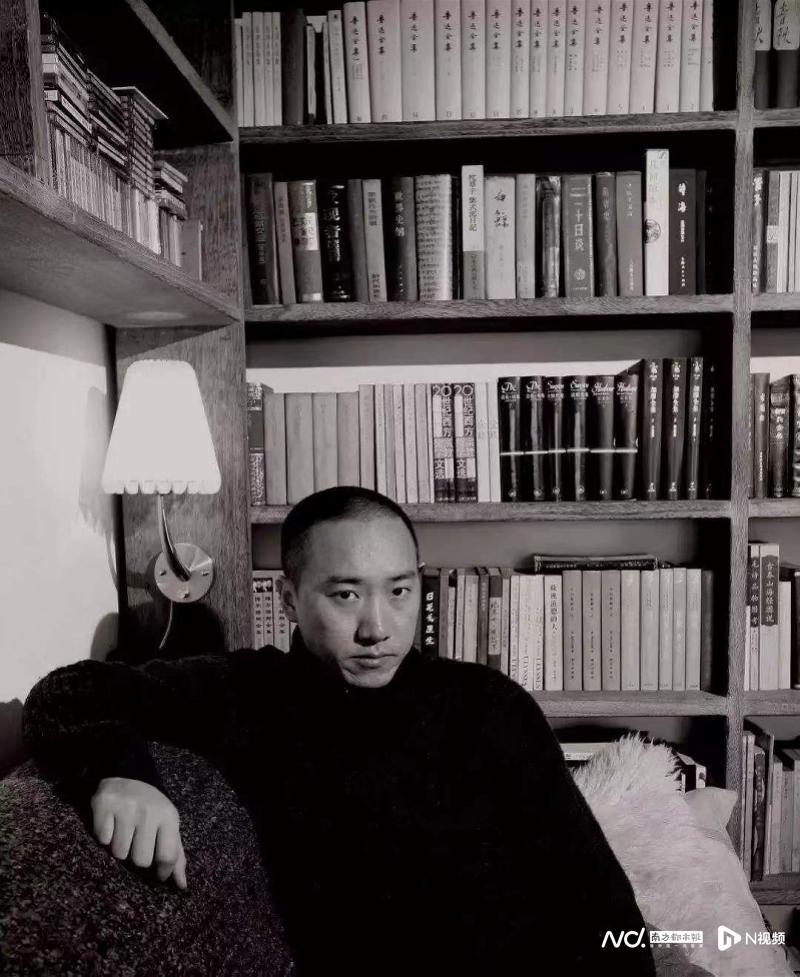
Writer Yang Dian
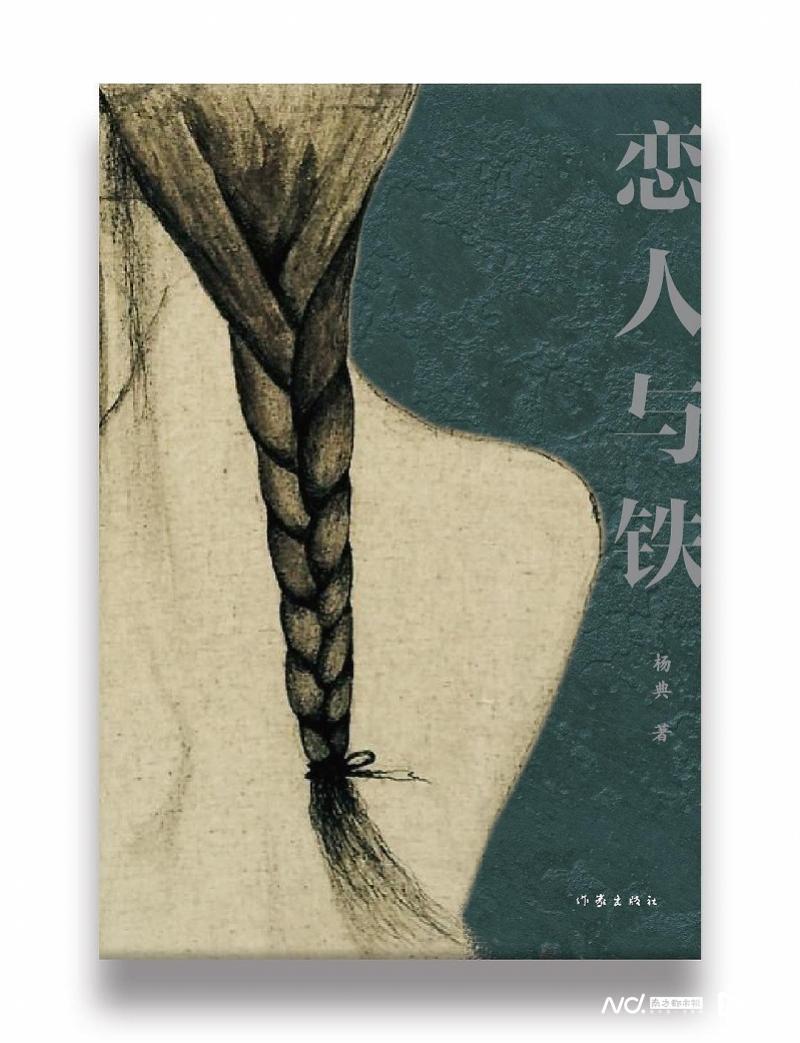
"Lovers and Iron" contains 39 short stories by Yang Dian. This book presents a unique artistic appearance, with an eclectic list of articles, constructing a complex knowledge system. In addition to the re-creation of ancient texts, it also blends cutting-edge theories such as quantum physics and other concepts, which is highly intellectual. The author wanders between narrative and discussion, literature and philosophy, history and future, while also revealing his anxiety about the passage of life. Judge Lu Nei believes that Yang Dian is very experienced and his writing has a very clear outline, which is "unique that people can recognize at a glance"; while in the view of judge Yang Qingxiang, this unique writing itself implies a kind of "openness". It opens up the possibilities of contemporary Chinese literature through a highly allegorical and facial expression approach.
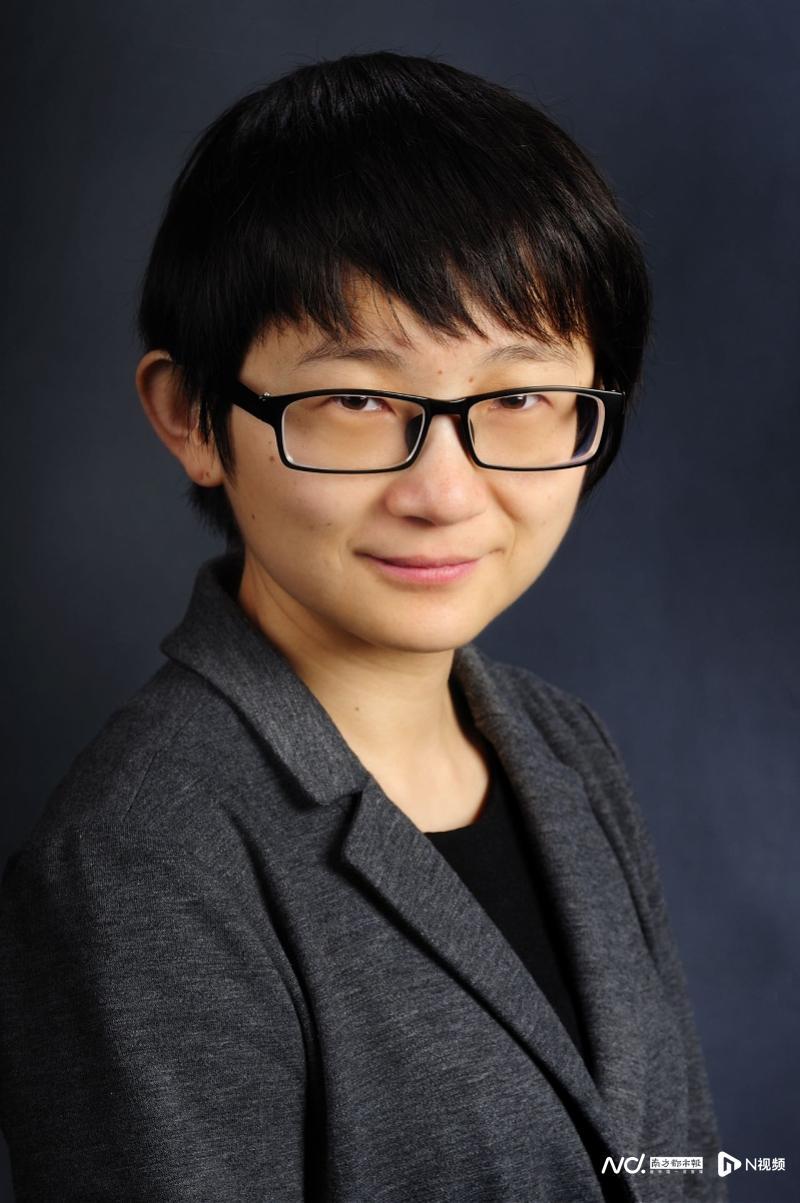
Writer Ni Zhange
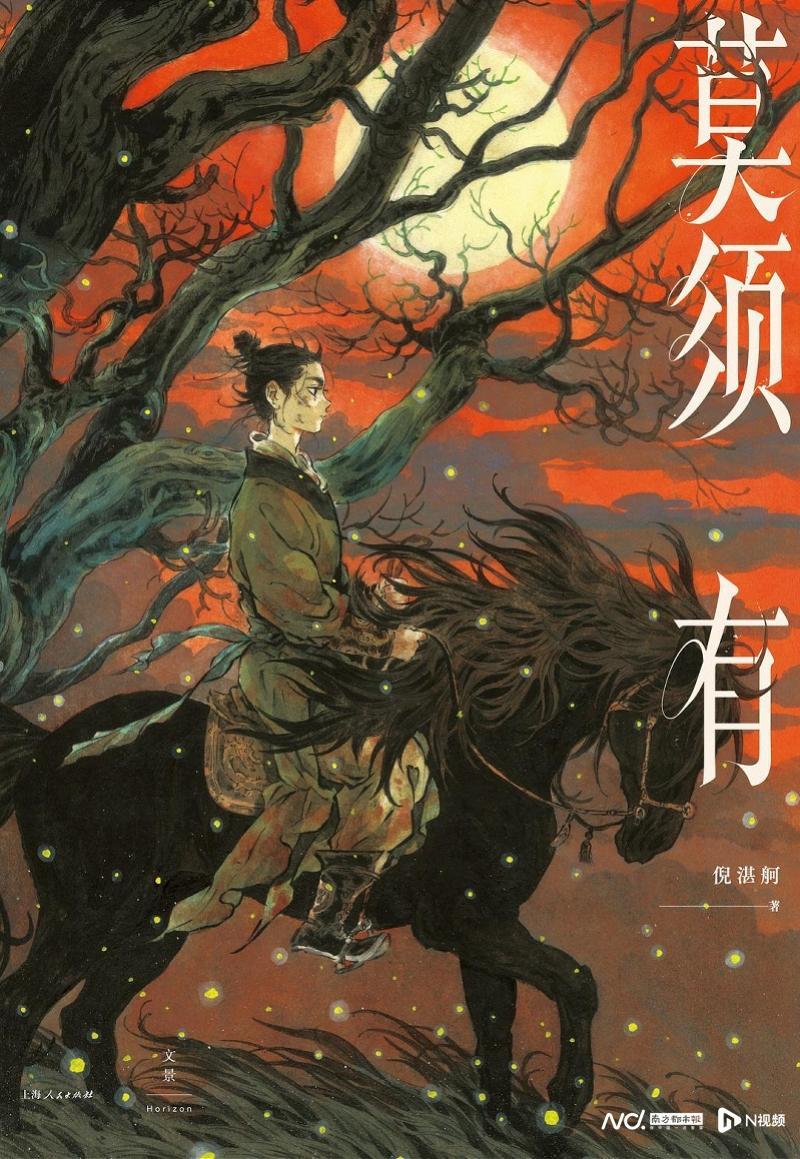
Ni Zhange's "Unnecessary" revolves around the "Unnecessary" injustice case in the Southern Song Dynasty, entering the same period of history from the first-person perspective of Yue Yun, Zhao Gou, Qin Hui, and Yue Lei, turning historical materials into a real, perceptible, subtle and touching narrative. Judge Wei Yi appreciated Ni Zhange's sincerity in his writing attitude and believed that "it is not only history, but also the present" and explores "the relationship between individuals and institutions and how to identify themselves." Judge Chen Peng also agreed that Ni Zhange acted like an eyewitness in his works, lowering the camera to restore the personal pain that had been concealed in history, which greatly enriched the creation methods of historical literature. Looking back on the creation of "Nothing", Ni Zhange said that the difficulty lies in how to deal with the sense of separation between the first-person limited perspective narrative and the sequential multi-perspective narrative. For her, switching between first-person and multiple perspectives was "an adventure." Ni Zhange said in her autobiography that she wanted to go further in restoring the multiple dimensions of history. Each character’s self-narration in "No Need to Have" has a unique language style and character creation. She pursued a narrative that was both supported by historical data and beyond. The limitation of academic research is to describe human feelings as much as possible.
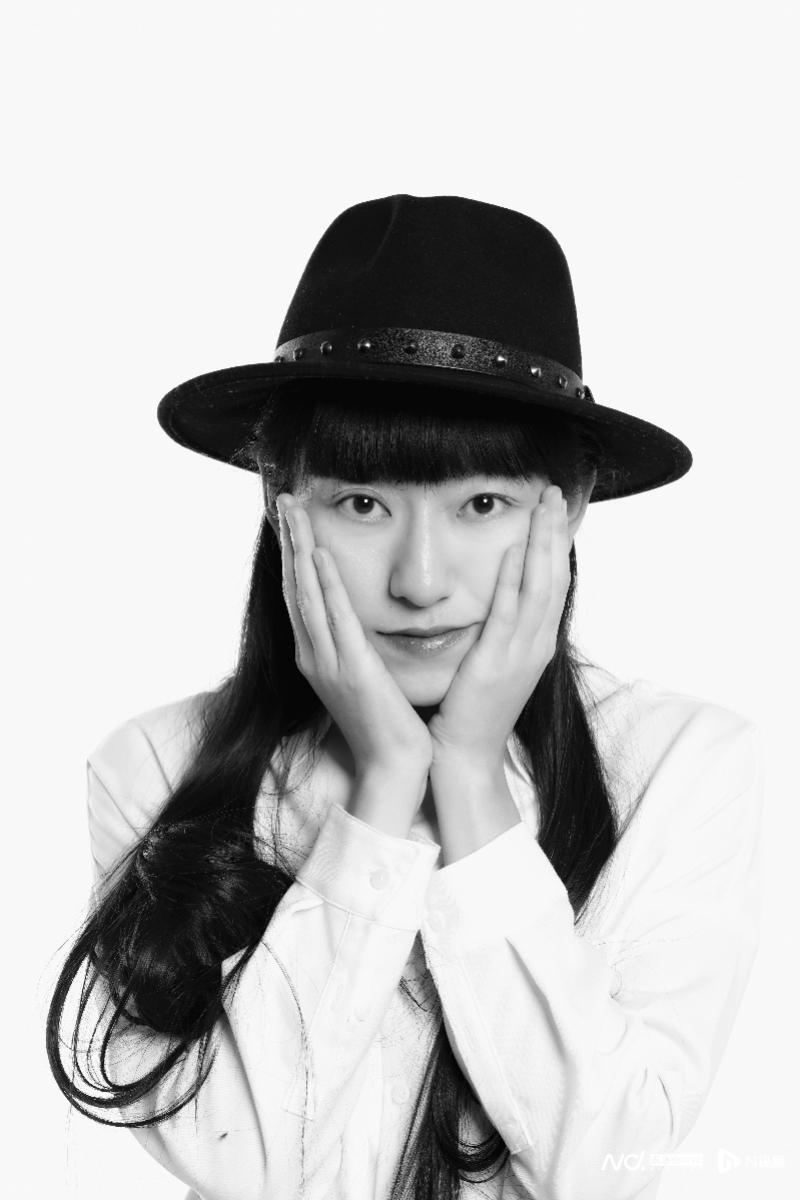
"Snow Like Mountain" is Zhang Tianyi's latest collection of novels. Through the life sections of seven female protagonists, she sorted out the growth history of women named "lili". As a female, judge Bai Liya had a strong resonance with the characters and stories in the novel, believing that this is a "situation faced by women all over the world"; she believed that Zhang Tianyi is extremely good at handling details, seemingly ordinary. Strong emotions are poured into the text. Judge Wei Yi valued the author's ingenuity in structure. The novel collection covers the stories of seven protagonists with the same name. It is not a simple superposition of numbers, but an organic splicing of time and space to show the overall destiny of women.
Zhang Tianyi responded in the interview that all groups have their own unique and common experiences. She just tried her best to write about the life she knew, and hoped to convey to readers "the warmth of a campfire and a hug." Talking about the issue of dealing with women's suffering in women's writing, she said that she didn't really believe that "what doesn't kill me makes me stronger", nor did she believe that man can conquer nature, and was even a little afraid of those who praised and praised "power and tenacity". She wanted to write "Those who were defeated, those who couldn't get out and were trapped in the snowy mountains".
First Prize WinnerPost-90s Writer Zhou Wanjing: Exploring the Drama and Absurdity of Everyday Life
Zhou Wanjing, a writer born in the 1990s, finally won the first prize of the 4th PAGEONE Literature Award for "Take Out the Crazy Stone".
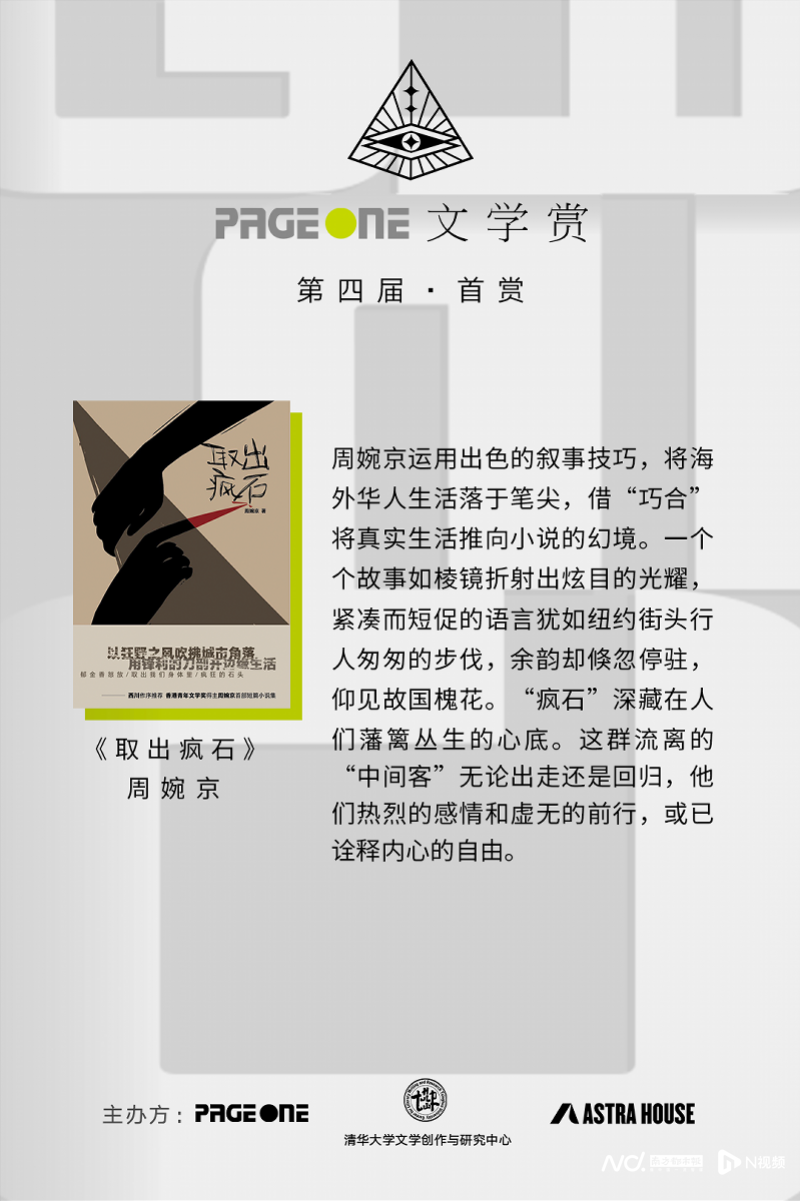
"Take Out the Crazy Stone" is Zhou Wanjing's first collection of short stories and short stories, and it is also her mature work after years of accumulation. In this collection of novels, she writes contemporary stories full of warmth through her sharp and sophisticated writing style, presenting her wonderful cross-cultural and international writing as a "new literary human being".
Judge Wei Yi said that this work explores the "mad rock"-like drama and absurdity of daily life. Judge Lu Nei also believed that Zhou Wanjing’s academic status allowed her to have her own unique way of portraying characters. Judge Yang Qingxiang particularly praised "Take Out the Crazy Stone" for its "opening up of extraterritorial horizons" and for being a "global writing". He said that this is the trend of future literary development. As the new generation of writers interact more and more with the world, they will write works that are less and less like Chinese writing. “In this sense, they are reshaping Chinese tradition". Zhou Wanjing travels between multiple identities such as writer, scholar, and art critic. Her writing reflects multiculturalism and sophisticated knowledge structure, and the characters she writes also have a "dissociated state" in terms of identity and career. When writing about the overseas Chinese group, she sought new expressions, hoping to show through her works "the dissolution of the frame of reference of the older generation of immigrants and the loss of the new generation's beliefs and views of truth." Talking about the "Chineseness" in her works, she believes that writing is her way of "looking back" on Chineseness, but she has always reminded herself not to fall into a self-oriental narrative. "Chinese novels benefit from its Culture and language make you unconsciously dragged back into the historical scene when you use Chinese. When you use it, you must first deal with the weight of history."

After learning that she had won the first prize, Zhou Wanjing expressed her gratitude: "Thank you to the organizers and the jury. It is already an honor for me to be shortlisted with four other outstanding authors. Novels, like other art forms, the author is in the structure and wandering around in space, using their own world to resist reality. If someone visits this place in the future, maybe there are only a few trees left in the jungle planted by our hands, but they are still standing." As the first prize winner, Zhou Wanjing will receive the multi-lingual award Overseas publishing opportunities enable the world to better understand China's past, present and future, and to meet readers from different regions around the world, and to see the power of Chinese original literature.
Nandu reporter Huang Qian
Articles are uploaded by users and are for non-commercial browsing only. Posted by: Lomu, please indicate the source: https://www.daogebangong.com/en/articles/detail/zhou-wan-jing-qu-chu-feng-shi-zhan-huo-di-si-jie-PAGEONE-wen-xue-shang-shou-shang.html

 支付宝扫一扫
支付宝扫一扫 
评论列表(196条)
测试